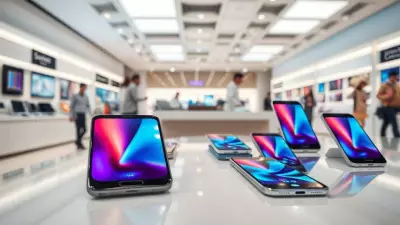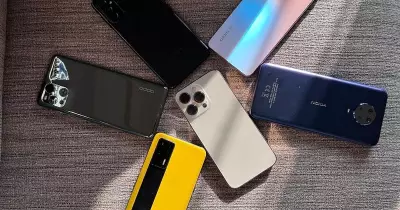
Court Greenlights Musk's Legal Battle Against Tech Giants
In a significant development that could reshape the artificial intelligence landscape, a US District Judge has allowed Elon Musk's companies to advance their legal fight against two of technology's biggest names. Judge Mark Pittman in Fort Worth ruled that Musk-owned X and xAI can proceed with their lawsuit against Apple and OpenAI, dealing an initial blow to the tech giants' attempts to have the case dismissed.
The decision came on Thursday when Apple and OpenAI failed to convince the court to throw out the antitrust allegations leveled against them. This marks a preliminary victory for Musk, who has accused the American firms of conspiring to monopolize markets for both smartphones and generative AI chatbots.
What the Lawsuit Alleges
The legal battle, originally filed in August, centers around Apple's integration of ChatGPT into its ecosystem. Musk's companies allege that Apple violated US antitrust law by giving OpenAI's ChatGPT preferential treatment within its Apple Intelligence features across iPhones and other devices.
According to court documents, X Corp argues that Apple's partnership with OpenAI effectively shuts out competing AI systems by tightly integrating ChatGPT into the operating system. The lawsuit further claims that Apple reinforced this advantage by prominently placing ChatGPT on its "Must-Have Apps" list while pushing rivals down the rankings - including Musk's own Grok chatbot.
Judge Pittman noted in his brief order that this ruling should not be considered a final judgment on the merits of X's allegations. The federal judge indicated he will examine the dispute over facts at a later stage in the case, leaving room for further legal arguments from both sides.
Defenses and Counterclaims
Apple, under CEO Tim Cook's leadership, has strongly denied any anticompetitive conduct. In court filings seeking dismissal, the Cupertino-based company insisted its agreement with OpenAI is not exclusive and pointed out that numerous chatbots remain accessible through browsers and standalone applications.
The tech giant argued that selecting one initial partner does not constitute an unlawful monopoly, emphasizing the competitive nature of the AI market. Apple maintains that users have multiple options for AI assistants beyond its integrated ChatGPT features.
OpenAI has taken an even more aggressive stance against Musk, describing the lawsuit as "consistent with Mr Musk's ongoing pattern of harassment." The San Francisco-based AI firm stated it plans to prove this characterization in court, highlighting the already strained relationship between Musk and the organization he helped found but later distanced himself from.
This legal confrontation represents another chapter in the ongoing tension between Musk and OpenAI, whom the Tesla chief has previously accused of abandoning its founding principles of open-source development in favor of profit-driven closed systems.
The case continues to unfold as the AI industry watches closely, recognizing that its outcome could set important precedents for competition and partnership practices in the rapidly evolving artificial intelligence sector.






